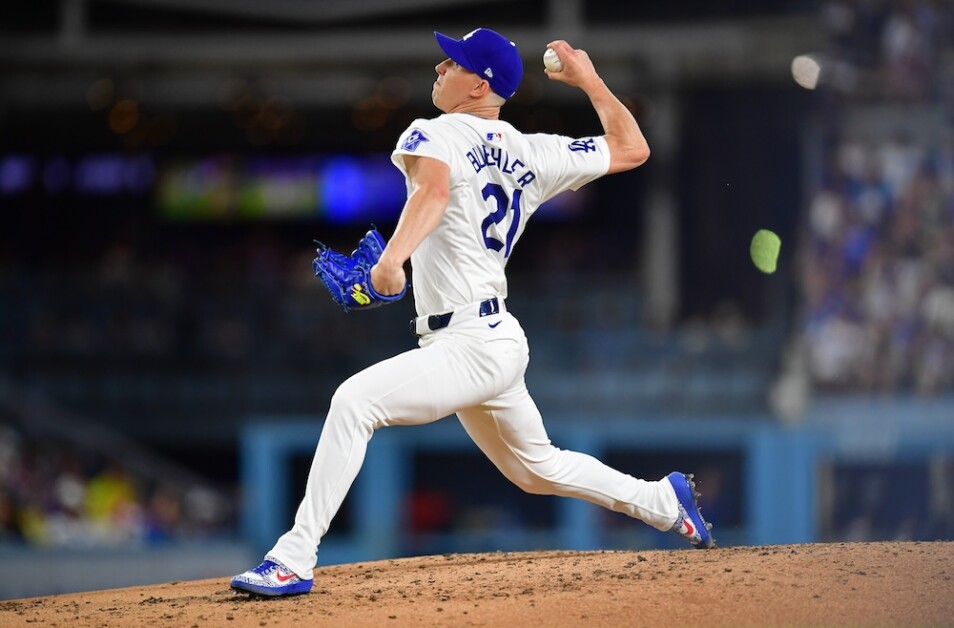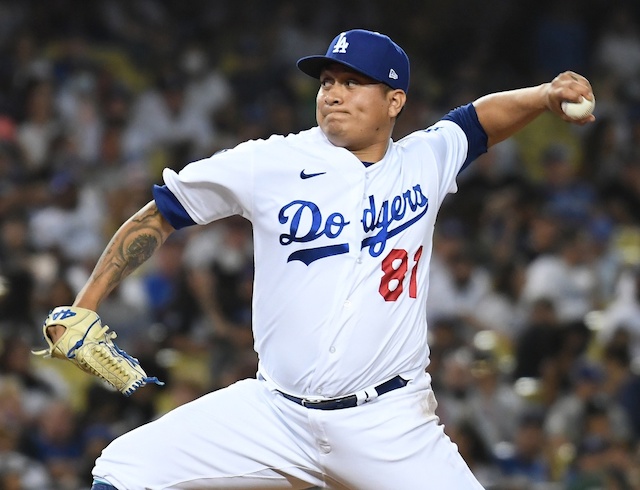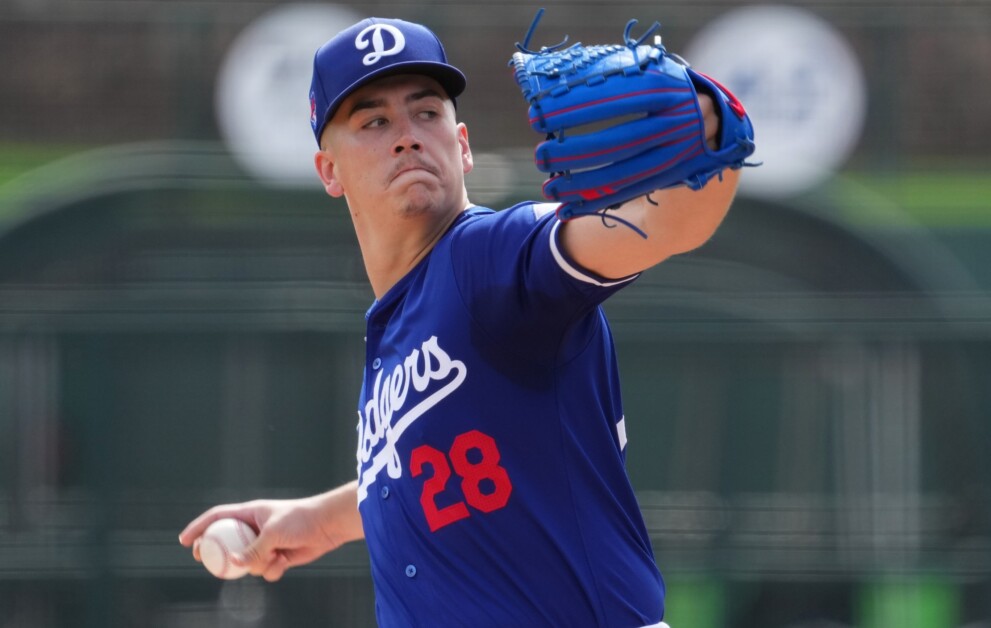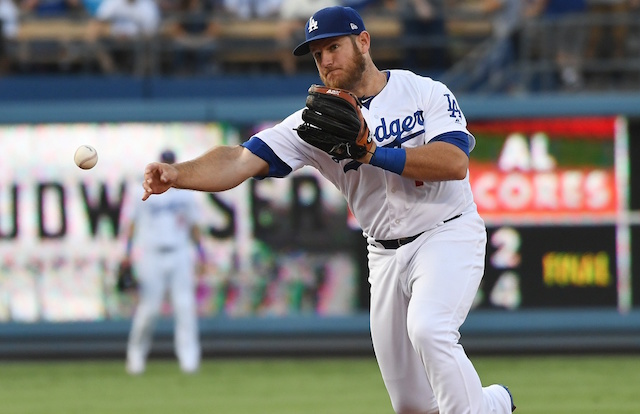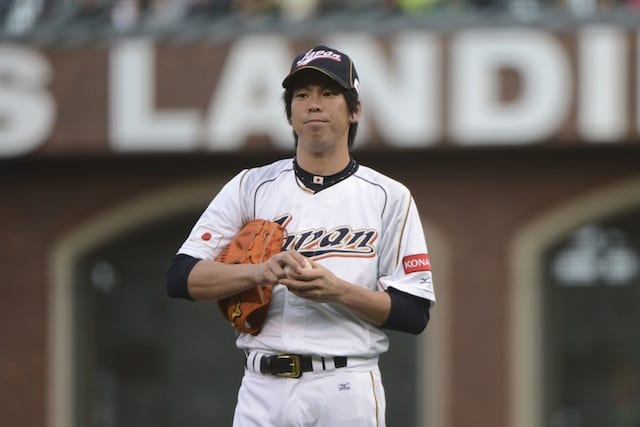
The Dodgers are hoping that Maeda will transition successfully from Nippon Professional Baseball where he had a 15-8 record and 2.09 ERA in 29 starts for the Hiroshima Carp last season.
Maeda also won the Eiji Sawamura Award for best starting pitcher in the Japanese Central league for the second time in his career last season.
The United States has opened its lines of communication with Cuba, and the increasingly growing global marketplace for brands is creating a new business focus for American companies. While baseball is still America’s Pastime, we are venturing into a new era for the MLB.
The Dodgers are not only loved by fans in Los Angeles, but fans bleed Blue all around the country and world. Not only does Maeda fit into their heavily left-handed projected rotation well, but his signing also reflects the Dodgers’ ownership’s renewed focus on international player scouting and development which was completely nonexistent during the Frank McCourt era.
With newly amenable relations with Cuba and an expanded foray into Asian and Latin American talent pools by MLB teams, the Dodgers look to continue their success with international signings that netted stars in Yasiel Puig and Hyun-Jin Ryu in recent years.
Integrating the Japanese community not only in Los Angeles but throughout the world with the Dodgers could expand baseball’s diversity both on the field and in the stands. Los Angeles is such a multi-faceted and multicultural city, and the Dodgers have always embraced the diversity of Los Angeles and the United States as a whole.
Dodger Stadium is just under three miles from Little Tokyo, a wonderful place to enjoy Japanese culture and some delicious ramen. Little Tokyo once had approximately 30,000 Japanese-Americans living in the area in the 1940s, and it remains an important cultural hub today for LA’s Japanese-American population.
According to the 2010 U.S. Census, the Los Angeles area (combined statistical area) had the second-highest Japanese-American population in the United States (134,600).
Greater Honolulu has 149,700 Japanese Americans living on the island. From the popularity of Fernando Valenzuela and Fernandomania to the influence of Sandy Koufax on Jewish Major Leaguers and fans, the Dodgers have welcomed players from all backgrounds in order to not only put out the best team on the field but also to give the fan base relatable players for them to root for.
Jackie Robinson may have paved the way for African-Americans to make a mark on professional sports and within America’s civil rights history, but the global outreach of baseball is still in need of further promotion.
Recently, the Dodgers have also embraced the Korean population in Los Angeles, and Ryu draws many Korean-American fans not only to Dodger Stadium but to other ballparks across the United States whenever he pitches.
Baseball transcends the boundaries of language or country borders. Interpreters are not needed to translate the love of the game to fans in Australia, Cuba, Japan, Korea or any other part of the world.
As a representative of the city of Los Angeles, the Dodgers are the perfect professional sports franchise to further grow their brand across the global market.
Although the Dodgers have had some very successful Japanese pitchers play for them in the past, not all international signings end up to be gainful.
Alex Guerrero’s troubling contract has hindered the Dodgers’ flexibility to move on from the Cuban position player, and the signing of Hector Olivera last May was a head scratcher after he was traded to the Atlanta Braves before even playing one game for the Dodgers.
Maeda may not be the next Nomo or Yu Darvish, but should Maeda continue to develop his changeup and keep his walk rates similar to those he posted in Japan, he will be a solid right-handed addition to the Dodgers rotation in 2016 and beyond, all while further expanding the organization’s global brand.



